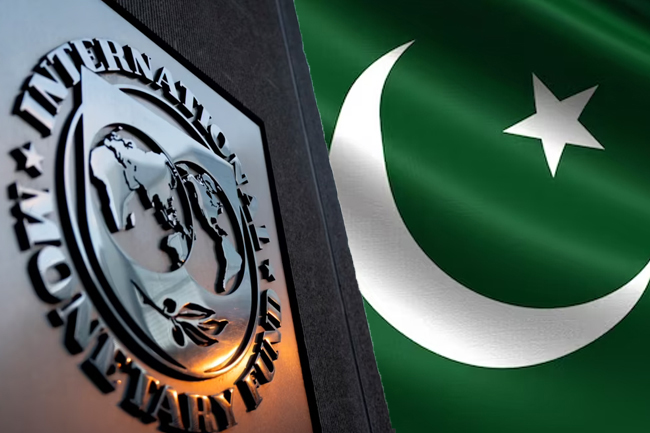
Pakistan is on the verge of finalizing an important agreement with the International Monetary Fund (IMF) to provide income tax relief to the salaried class in the upcoming federal budget for fiscal year 2025-26. This development comes after intense negotiations aimed at easing the tax burden on wage earners while balancing the country’s fiscal needs.
According to official sources, the IMF has agreed in principle to reduce income tax rates across various salary slabs. One of the key proposed changes is raising the annual tax-free income threshold from the current Rs 600,000 to Rs 1 million. This means that monthly salaries up to Rs 83,000 will become exempt from income tax, a significant increase from the existing exemption limit of Rs 50,000 per month.
Under the new proposal, tax rates for salaried individuals would be lowered substantially. For example, the tax rate on a monthly salary of Rs100,000 may be cut from 5% to 2.5%, while those earning Rs 183,000 per month could see their rate fall from 15% to 12.5%. Higher income brackets would also benefit from reductions, with the top tax rate decreasing from 35% to 32.5%.
This relief package is expected to provide approximately Rs 56 to 60 billion in tax cuts for the salaried class in the next fiscal year. However, to offset the revenue shortfall, the Federal Board of Revenue (FBR) will need to introduce compensatory tax measures, possibly by broadening the tax base or increasing compliance.
The government, led by Prime Minister Shehbaz Sharif, has emphasized the need to shift the tax burden away from salaried individuals and the documented sector. Efforts are underway to promote digital payments and reduce reliance on cash transactions, which could help improve tax collection efficiency.
In another key concession, the IMF has agreed to allow necessary increases in Pakistan’s defence budget, recognizing the country’s security priorities amid regional challenges.
The Salaried Class Alliance of Pakistan (SCAP), which represents wage earners across various sectors, has welcomed the proposed relief but urged the government to ensure that tax policies remain fair and sustainable. SCAP has highlighted that salaried individuals have been paying disproportionately higher taxes compared to exporters and retailers, contributing over Rs 550 billion in income tax during the current fiscal year.
As Pakistan finalizes its budget, the balance between providing tax relief and meeting IMF fiscal targets remains delicate. The coming weeks will be crucial in shaping policies that impact millions of salaried workers and the overall economic stability of the country.
Comments
Post a Comment